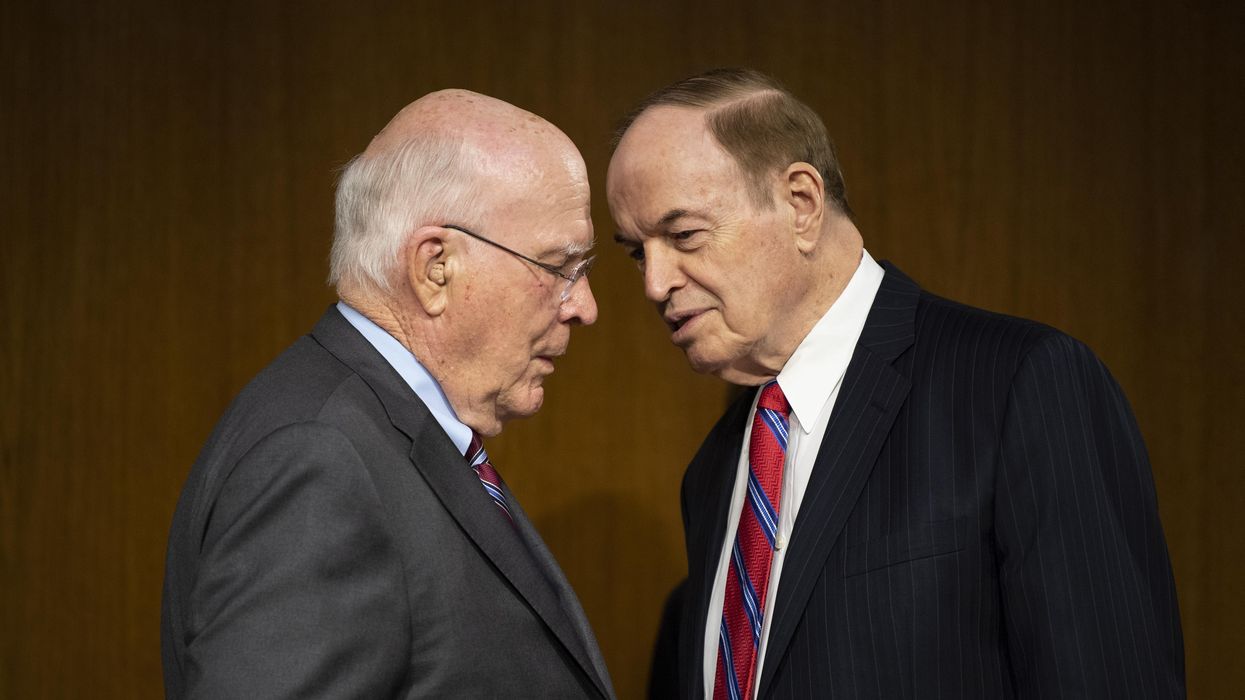While the elections may seem like an end to a cycle of policymaking before a new Congress gets sworn in, the reality is that lawmakers are still trying to work their way through important legislation before the end of the year.
The biggest item on the agenda is a bill to fund the federal government and avoid a shutdown – an issue that was supposed to have been resolved before October but has slid into the holiday season.
In fact, in the past five decades, Congress has only completed the appropriations process on schedule three times.
If the system was working properly, the House and Senate Appropriations committees would develop 12 spending bills in line with the jurisdictions of their subcommittees. The chambers would then pass those twelve bills and resolve any differences before the government’s new fiscal year begins Oct. 1. That virtually never happens.
“The failure of Congress to pass individual appropriations spending bills is the result of the overall Congressional budget process being broken and routinely ignored,” said Michael Murphy, chief of staff for the Committee for a Responsible Federal Budget, who explained that the breakdown in appropriating is one piece of a dysfunctional budget process.
The Congressional Budget Act of 1974 set a timeline that begins with the president introducing a budget on the first Monday in February, continuing through congressional passage of a budget by mid April and then the Appropriations committees completing their work by June 30, in time for the new fiscal year starting three months later.
This year, the House of Representatives passed six spending bills but the Senate did not pass any, meaning all twelve must be rolled into one massive bill known as an “omnibus.” In most years, even the omnibus is not passed by the end of the fiscal year. Instead, the lawmakers pass one or more “continuing resolutions” that extend funding temporarily while they work on the final bill or bills.
The government is currently operating under a continuing resolution that expires Dec. 15. Lawmakers have been negotiating a spending bill for the rest of the year but will likely require another CR to buy more time. Leaders may try to attach other priority legislation to the omnibus, such as a bill to reform how Congress counts electoral votes, in order to get a few more things done before the end of the year.
“Congress has not passed a real concurrent budget resolution since 2015, and has only passed all individual appropriations bills on time by the end of the fiscal year four times in the last 50 years,” Murphy said. “Polarization of Congress and the fact that Congress seems to act only upon a crisis deadline has contributed to this reality.”
The breakdown in the process results in a lack of government transparency and proper planning, according to Murphy.
“As a result, we continue to shirk responsibility for weighing the tradeoffs inherent in effectively managing the finances and programs of the federal government,” he explained. “The use of one or more CRs is problematic for government agencies who are unable to effectively plan for their programs given the constant uncertainty surrounding their funding levels.”
Many spending cycles begin with congressional leaders and Appropriations chairs announcing an intent to follow the process and pass the discretionary spending bills by the start of the fiscal year. However, that almost never happens. (“Discretionary” spending is that which Congress can set each year. “Mandatory” spending – such as Social Security, Medicare and Medicaid” – is required by other laws.)
Congress has only avoided the use of continuing resolutions three times since fiscal 1977, according to the Congressional Research Service. Often, the CR lasts until December, but Congress may use more than one and there have been occasionals when continuing resolutions have been needed into late winter and even the spring.
Returning to regular order requires a commitment from congressional leadership, Murphy said.
“Congress needs a sufficient number of leaders in both parties who will stand up and call for going back to basics, which includes coming up with an actual budget and passing it in both chambers by the required deadline of April 15 to begin the budget process,” he said. “At the same time, recognizing the process has failed to work for years, we need to undertake comprehensive budget process reforms that result in a more accountable and transparent process that can achieve fiscally responsible outcomes.”




















Trump & Hegseth gave Mark Kelly a huge 2028 gift